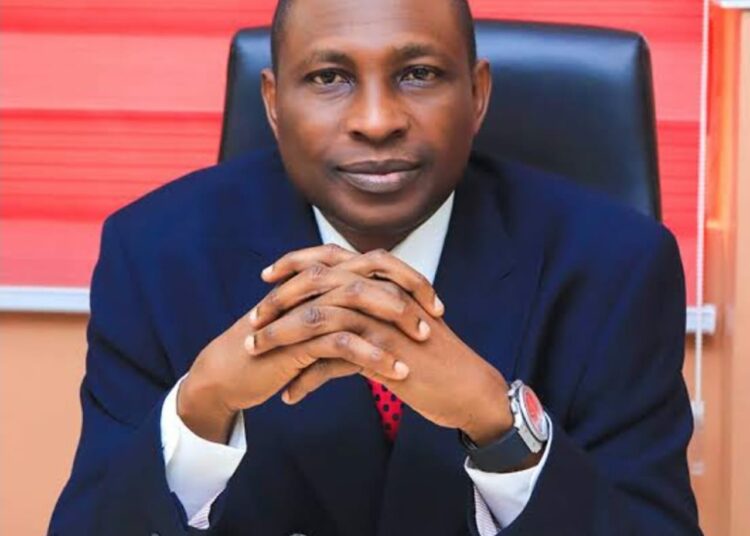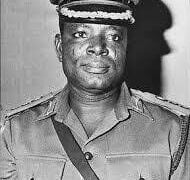The Chairman of the Economic and Financial Crimes Commission (EFCC), Ola Olukoyede, has stated that Nigerians living in the diaspora play a critical role in curbing illicit financial flows.
Olukoyede stated that a significant challenge faced by the Commission was the involvement of certain foreign actors in laundering illicit funds for politically exposed individuals and other criminal elements in Nigeria.
The EFCC boss said this while speaking at the Canada-Nigeria Legal Exchange Forum, organised by the Canadian Association of Nigerian Lawyers (CANL) at the ongoing International Bar Association Conference in Toronto.
He urged the Nigerian diaspora, especially lawyers in Canada, to monitor suspicious transactions and report any relevant information to law enforcement agencies, warning that failure to do so could undermine domestic anti-corruption efforts.
Olukoyede stated, “With the increasing number of Nigerians migrating to Canada, there are potentially more opportunities for illicit wealth to be hidden. Your vigilance is crucial. You can help prevent this by cooperating with law enforcement agencies.
“International collaboration has also been a cornerstone of the anti-graft agency strategy. The EFCC had signed memoranda of understanding with various agencies, including the Royal Canadian Mounted Police, police forces in Spain and Germany, and the Korean Police.
These agreements facilitate the return of stolen assets to victims abroad and enhance Nigeria’s credibility in global anti-corruption initiatives.
“Recovered funds have been strategically reinvested in social programs, such as the Student Loan Scheme and the Consumer Credit Scheme, and allocated to government agencies, including the Niger Delta Development Commission (NDDC), the Asset Management Corporation of Nigeria (AMCON), the Federal Inland Revenue Service (FIRS), and the National Health Insurance Authority. This demonstrates the direct social and economic impact of the Commission’s work,” he elaborated.
Olukoyede further emphasised that combining robust institutional reforms with diaspora engagement is crucial for overcoming persistent challenges, safeguarding national wealth, and preserving Nigeria’s international reputation.
He reiterated that success requires collective responsibility, both within Nigeria and among Nigerians abroad.
“The fight against corruption is a shared mission. By strengthening internal structures and leveraging the vigilance of our diaspora, we can ensure that Nigeria’s resources are protected and its reputation upheld. Together, we can establish a nation that commands respect on the global stage.
“New policies have been introduced, including a Gift Policy, Exhibit Room Security Policy, and Sting Operations Policy, to close loopholes that allowed misconduct by personnel.
“Zonal Commands have been upgraded to Zonal Directorates in Lagos, Ekiti, Katsina, and Anambra States, enhancing operational coverage and providing clear career progression pathways.
“The Department of Internal Affairs has been renamed the Department of Ethics and Integrity, reinforcing a zero-tolerance approach to unethical behaviour.
“Additionally, specialised units have been created to tackle emerging threats in financial crime. These include the Department of Fraud Risk Assessment and Control (FRAC), the Digital Transformation and Innovation Unit, the International Asset Tracing and Recovery Unit, and the Visa and Migration Fraud Section, as well as task forces addressing currency abuse and other emerging criminal modalities.
“The impact of these reforms is evident. In just two years, the EFCC has recorded 7,503 convictions, recovered N566 billion and $411 million, and seized 1,502 real estate properties, including 753 duplexes in Lokogoma, Abuja, and the Nok University campus in Kaduna State.
“Which has now been converted into the Federal University of Applied Sciences. Process reforms, such as restructuring the bail system, have also strengthened the adherence to suspects’ rights while improving operational efficiency and professionalism,” he stated.





